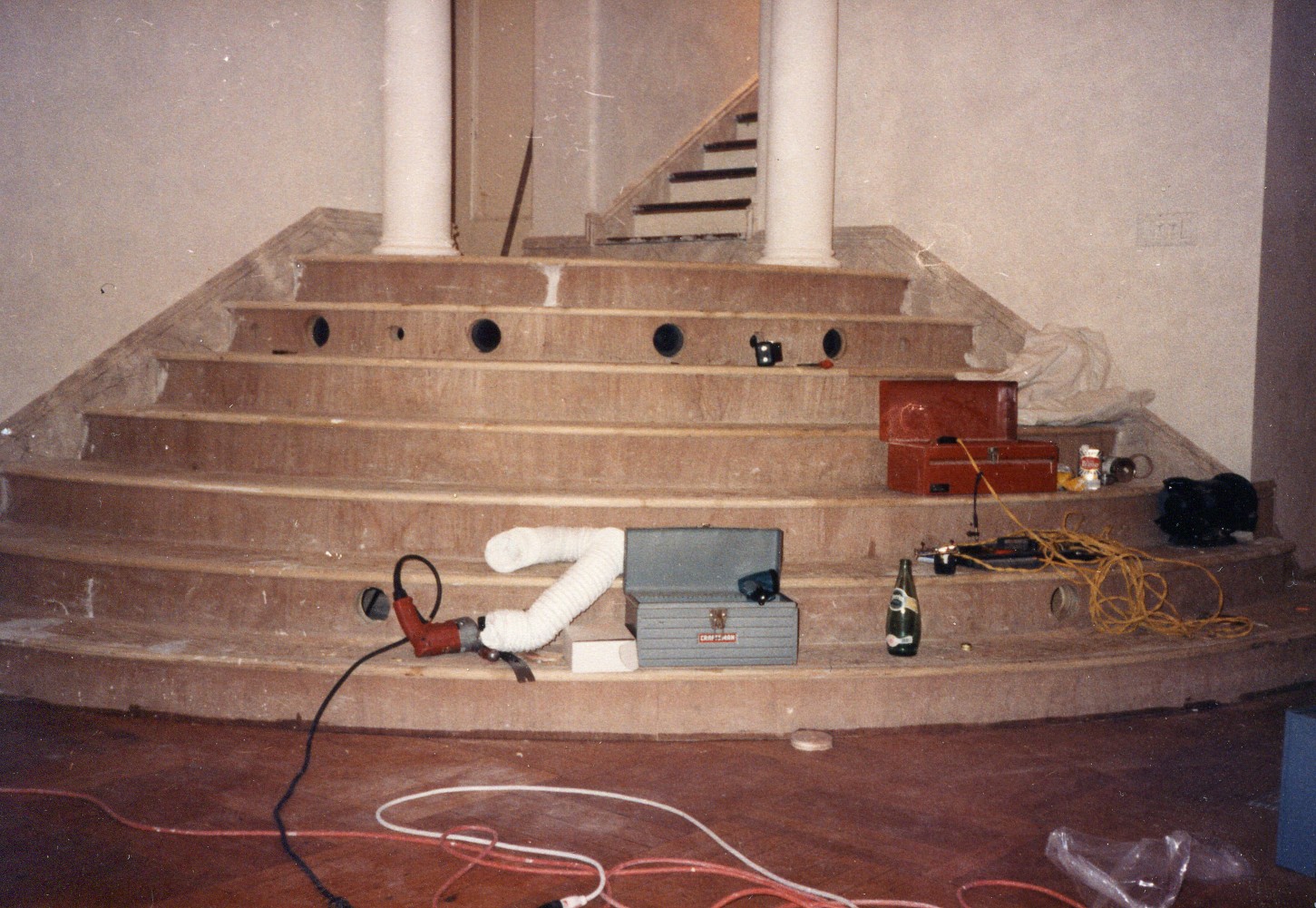Are you happy because you’re selling, or are you selling because you’re happy? Think about it for a moment. What does that mean? Is it a worthwhile question?
In fact, it is. I recently heard this expression for the first time from a great friend, Lionel Sackey, who happens to be a manager of 25 salespeople. I had to ask him what he meant, because when I answered, I got it wrong. (Frankly, I am better at complicated stuff than these types of questions.)
Let’s diverge a little to a very familiar adage: It’s not whether you win or lose, it’s how you play the game. Does that bring back any childhood memories, or do you find yourself quoting this when your kids are fighting over who won and/or cheated at Monopoly? How you play the game is a crucial skill that directly relates to your success in sales.
If you are selling because you are happy, great. You like what you’re doing, and you’re smiling because you like selling, win or lose, close the deal or not.
[Beyond The Tech: Realistic New Year's Resolutions]
However, if you’re happy because you’re selling, what if you don’t make the sale? If you are unhappy, does it show on your face? Can the client sense your disappointment, and does your positive outlook suddenly turn to negativity? It likely does, consciously or subconsciously. After your client senses your disappointment and possible angst, that’s what they will remember: your face, your temperament, your overall vibe of, dare I say, a sore loser. That’s not how you should play the game.
Frankly, if you want them to come back to you, they need to believe that you’re happy to be selling to them and working with them, whether they give you the contract or not. You want them to think of your smiling face when they’re in need (and come to you first). People like to work with people they like, and nothing beats a smile and consideration for your clients’ needs and wants.
There are many nuances in sales that can help you close a deal. Some of my favorite methods have to do with developing a positive, even mentoring (if required) relationship with your client. Such a relationship takes time and effort. Sometimes, you may not get the sale, but need to remain cool, calm, and collected. Keep smiling, be thankful you had the opportunity. Remember, you like selling.
It’s not realistic to assume you’ll close every deal. What is realistic is that a great attitude can salvage a lost deal by getting your client to contact you again for the next one. This is a skill you can definitely work on and it’s worth it. A repeat opportunity is your best return on investment (ROI), because it means your client trusts you to be their subject matter expert (SME).
Here’s a personal example. Some years ago, I did a custom stereo loudspeaker design and installation in a staircase for a very wealthy and famous client. He and his wife loved it. One day, I went to his place in Manhattan and Candice Bergen was sitting on the staircase. My client introduced me as “the genius who created this.” What do you think was more thrilling, to meet “Murphy Brown” or get that kind of admiration? Why, both of course!

Years later, I had long since moved to Atlanta, but my client had moved uptown and wanted me to do another system. It was a smaller system, but he insisted. He would have no one other than me for the design and installation. We had a relationship based on honesty, trust, good work, and mutual respect. I had to do the job (I say that with a smile), so I made the 14-hour drive to Manhattan. Of course, I was referred to others for work as well.
For me, there is nothing more rewarding than developing a relationship where they want you and keep coming to you with opportunities until the right one comes along. Think about what you’re selling. What separates you from your competition? With technology where it is today and so many highly skilled professionals in our field, the difference is you.
Just keep smiling.

